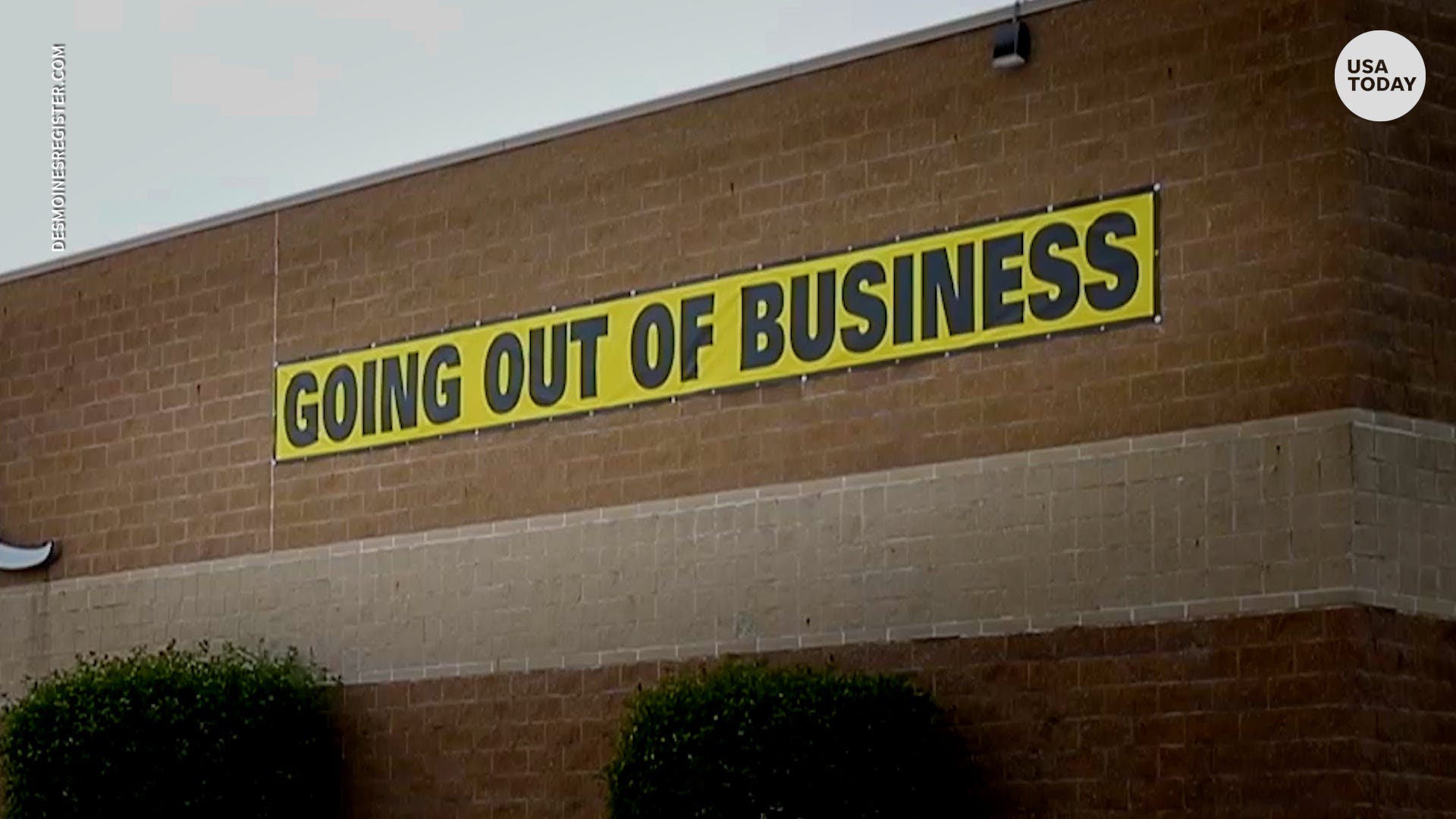Here's why Gen Xers are struggling with retirement savings

Gen Xers can't afford to put off retirement savings; many are already more than halfway through their careers and need to focus on socking away funds for the future. Yet saving for retirement is Gen Xers' top source of money-related stress, according to a new Schwab survey.
If you don't save enough money for retirement, you'll risk struggling during your golden years. It pays to examine the reason your savings are falling short and take steps to address them – before you run out of time.
Here are the top five factors preventing Gen Xers from building their nest eggs – and what to do about them.
If you're saving for retirement, remember this: It's really just 20 years of unemployment
1. Unexpected expenses
For 38% of Gen Xers, unplanned bills, like home or vehicle repairs, are the main thing getting in the way of funding a retirement plan. To avoid having your savings take a hit when unexpected expenses pop up, make sure to have emergency savings on hand – ideally, three to six months' worth of essential living costs tucked away in the bank. That way, you'll have cash reserves to tap when surprise bills arise, and they won't prevent you from funding your nest egg.
Where will you get the money for your emergency fund from? Well, most likely, you'll need to cut back on spending temporarily to build that cushion.
Take a look at your budget and see which bills will be easiest to slash. Dining at home for a period of time rather than going to restaurants multiple times a week could put hundreds of dollars back in your pocket, and cutting out cable, your high-end gym and ride shares could help a lot as well. At the same time, consider a side job on top of your regular one. The earnings from it can go directly into the bank so you have money to access in a pinch. And thanks to the gig economy, that second job can be flexible, or even something you already enjoy doing.
Social Security: It has 'cheated' seniors out of $15,258 over the past decade
2. Credit card debt
Credit card debt prevents 31% of Gen Xers from funding a retirement plan as they'd like. If you're in debt, use the above tactics (slashing expenses and getting a second job) to free up cash to pay it off. But also, tackle that debt strategically. Either pay off your balances with the highest interest rates first, or transfer your various balances onto a single card with a lower interest rate to make it less expensive to pay down.
3. Needing money for monthly bills
For 29% of Gen Xers, limited retirement plan contributions are the result of needing that money for immediate expenses. If that's the situation you're in, you'll need to rethink your budget. That doesn't just mean cutting back on dining out or seeing movies; it means making major lifestyle adjustments to free up money from your earnings to set aside for retirement.
Take a look at your major expenses, like housing and transportation, and see about lowering them. That could mean downsizing, relocating or giving up a car and relying on buses and trains instead, but if you make those sacrifices now, you won't have to make them when you're older.
Retailers think they're giving customers what they want: 'Not quite,' say many customers
4. Paying for their kids' education
Many parents try to foot the bill for college entirely so their children don't have to take out loans. But if doing so comes at the expense of your retirement savings, it's a big mistake. An estimated 22% of Gen Xers aren't saving more for their golden years because of their kids' education costs. But remember, while your children can take out student loans and pay them off over time, you can't (easily) take out loans during retirement to pay your basic expenses, which means your nest egg should really take priority.
5. Paying off their own student debt
A good 11% of Gen Xers are still stuck with debt from their own college years. If that's what's stopping you from saving adequately for retirement, see about refinancing those loans to a lower interest rate. Doing so will lower your monthly payments, thereby freeing up some more money for your nest egg.
The Motley Fool has a disclosure policy.
The Motley Fool is a Paste BN content partner offering financial news, analysis and commentary designed to help people take control of their financial lives. Its content is produced independently of Paste BN.